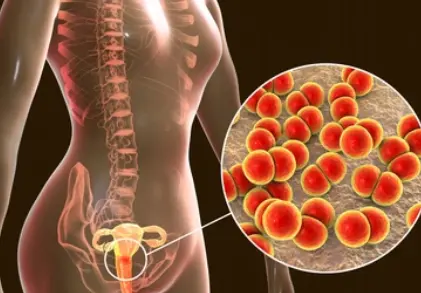 Welcome
Welcome
“May all be happy, may all be healed, may all be at peace and may no one ever suffer."
- A
- B
- C
- D
- E
- F
- G
- H
- I
- J
- K
- L
- M
- N
- O
- P
- Q
- R
- S
- T
- U
- V
- W
- X
- Y
- Z
Dyspepsia - Generics
Dyspepsia is a medical term that refers to a group of symptoms related to the upper digestive tract. It is characterized by discomfort or pain in the upper abdomen, often described as a feeling of fullness or bloating, and is sometimes accompanied by nausea, heartburn, or a burning sensation in the chest.
Dyspepsia can have a variety of underlying causes, including:
- Gastroesophageal reflux disease (GERD)
- Gastric or duodenal ulcers
- Non-ulcer dyspepsia
- Helicobacter pylori (H. pylori) infection
- Gastroparesis (delayed stomach emptying)
- Gallbladder disease
- Pancreatitis
- Irritable bowel syndrome (IBS)
- Stress or anxiety
Treatment for dyspepsia will depend on the underlying cause and severity of symptoms. In many cases, simple lifestyle changes, such as avoiding spicy or fatty foods, reducing alcohol and caffeine intake, and eating smaller, more frequent meals can help alleviate symptoms. Over-the-counter antacids or acid-reducing medications, such as proton pump inhibitors (PPIs) or histamine-2 (H2) blockers, may also be recommended.
If dyspepsia is caused by an underlying medical condition, such as H. pylori infection, gallbladder disease, or pancreatitis, specific treatments for those conditions will be necessary. In cases where stress or anxiety are contributing factors, counseling or other therapies may be recommended.
It is important to seek medical attention if dyspepsia symptoms persist or worsen over time, as this may indicate an underlying medical condition that requires treatment.

Gonorrhea

Lens opacification

Iron Folic acid and zinc...

Allergic and inflammatory...

Wounds

Pediculosis capitis

Musculoskeletal pain

Peripheral neuralgias: Di...
Dyspepsia, ডিসপেসিয়া
To be happy, beautiful, healthy, wealthy, hale and long-lived stay with DM3S.